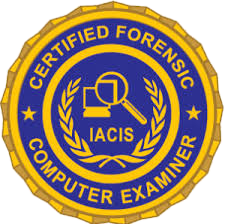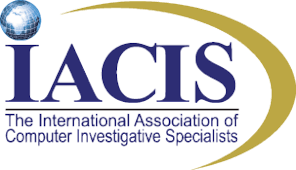Evidence Collection: Securely collect and preserve digital evidence from devices and cloud storage.
Data Analysis: Extract meaningful insights from files, metadata, and user activity.
Investigation Reporting: Deliver structured reports to support corporate and legal investigations
Case Analysis: Validate and review digital evidence for accuracy.
Impartial Testimony: Present findings professionally in court.
Consultation: Guide legal teams on evidence handling and interpretation.
Your Right to Expert Representation During Digital Evidence Investigations
In accordance with EU Directive 2013/48, suspects and accused individuals have the right to have their lawyer present during investigative or evidence-gathering acts. In digital evidence-related investigations, this applies to legal representatives and is extended to include digital forensic experts as part of the defense team.
Contact us today to learn how we can help safeguard your constitutional rights.



Digital forensic services follow a structured process to ensure the reliability and admissibility of the evidence. These are the main components:
Locating devices or systems containing relevant evidence is the first step. This can include anything from laptops to cloud storage platforms.
It’s crucial to secure the data to avoid tampering. Forensic specialists create exact copies (or forensic images) of the data, preserving their integrity.
This involves examining the preserved data to uncover relevant evidence. Techniques may include recovering deleted files, decrypting secure data, or mapping user activity.
Findings are meticulously documented to create a detailed and defensible report that can be used in legal or corporate proceedings.
Finally, the evidence is presented clearly to stakeholders, whether in courtrooms, boardrooms, or security debriefs.